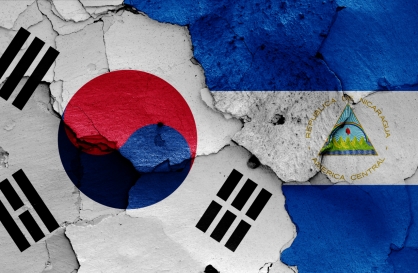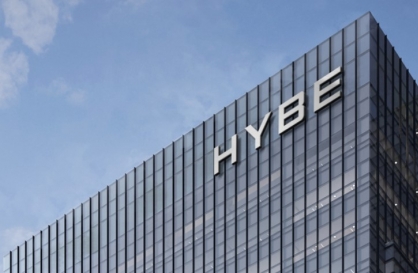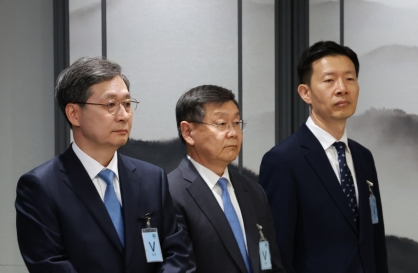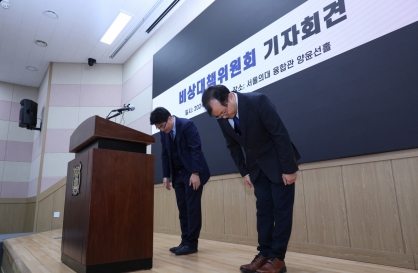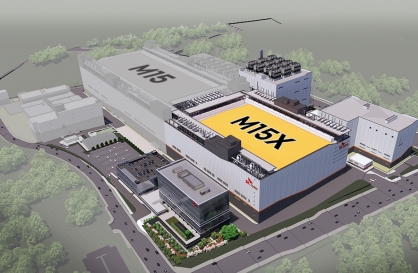 |
This file photo provided by Renault Samsung Motors shows Jose Vicente de Los Mozos, executive vice president in charge of manufacturing and supply chain at Renault Group. (Renault Samsung Motors) |
A senior Renault Group executive on Tuesday said its South Korean operations should ramp up production and cut manufacturing costs to stay afloat amid the coronavirus crisis.
Jose Vicente de Los Mozos, executive vice president in charge of manufacturing and supply chain at Renault, made the comments in a video message delivered to workers at the French carmaker's sole Korean plant in Busan, 450 kilometers south of Seoul.
Last year, Renault Samsung Motors Corp. promised to improve productivity at the Busan plant to win export volumes of the XM3 SUV for European markets. So Renault Group decided to allow the plant to manufacture most of the XM3 for global sales in September, Mozos said.
"But Renault Samsung didn't keep the words as of the end of 2020 and the XM3's manufacturing costs per unit at the Busan plant are two times higher than the Captur SUV's cost-per-unit at (Renault's) Spain plant," the executive said. "This clearly shows the Busan plant lags far behind (Renault's other plants in terms of productivity and costs). The problems should be tackled immediately."
The XM3 and the Captur share the same platform, and the XM3 is sold as the New Arkana in Europe.
In January, Renault Samsung entered emergency management amid the extended COVID-19 pandemic and announced its plans to cut the number of executives by 40 percent to 30 and their pay by 20 percent. It also offered a voluntary retirement program as part of restructuring.
The Korean unit reported an operating loss for the first time in eight years last year as its sales fell 35 percent to 116,166 vehicles from 177,450 units a year earlier.
Its domestic sales rose 11 percent to 95,939 units from 86,859 during the same period, but exports plunged 78 percent to 20,227 autos from 90,591. That was mainly because the company stopped production of the Nissan Rogue SUV at the Busan plant in March last year.
Moreover, Renault Samsung suspended the operation of the Busan plant during the period from Sept. 25-Oct. 18 and several days in November and December to control its inventory amid lower demand for its vehicles.
The company and its labor union have yet to sign a wage deal for the year of 2020, which has affected its vehicle production and sales plans.
Earlier this month, the union workers voted for industrial action to demand a revised wage offer from the company and defend against the restructuring plan.
Its current passenger car lineup includes the all-electric SM3 Z.E. sedan, the SM6 sedan, the XM3 SUV and the QM6 SUV.
Renault S.A. holds an 81 percent stake in Renault Samsung.
For survival, the executive said three things should be guaranteed for the survival of the Korean unit: high quality, reasonable manufacturing costs and in-time delivery to global markets.
"There should be all-out efforts to keep these guidelines. We are undergoing unprecedented difficulties we have never experienced in the past. If the Busan plant does not keep these guidelines, the group will inevitably take a new path (for survival)," he said. (Yonhap)

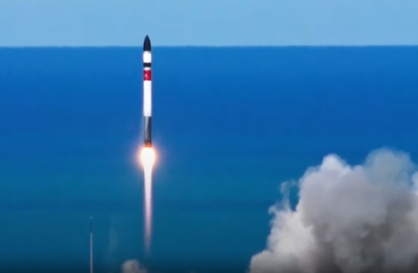
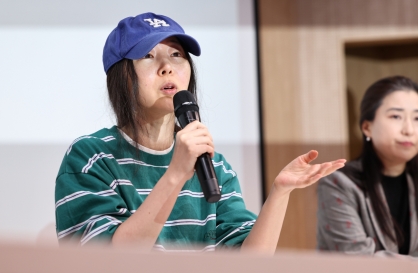
![[Herald Interview] 'Amid aging population, Korea to invite more young professionals from overseas'](http://res.heraldm.com/phpwas/restmb_idxmake.php?idx=644&simg=/content/image/2024/04/24/20240424050844_0.jpg)
